|
The Thought of Work John W. Budd 2011, Cornell University Press, 264 pages
Paper, ISBN: 978-0-8014-7761-4
Marketing flyer
Reviews |
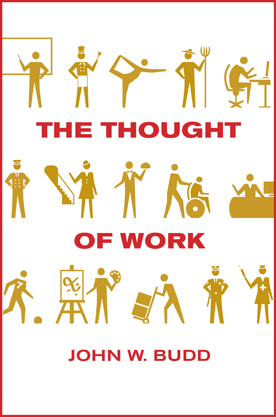
|
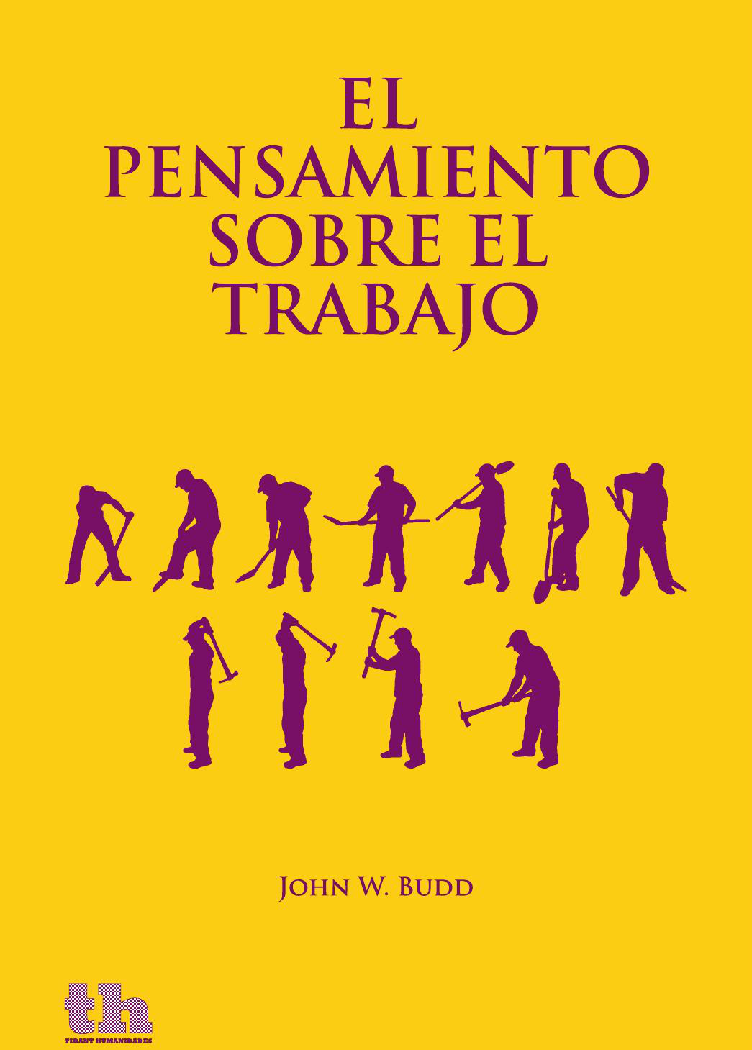
Spanish Translation Tirant lo Blanch, 2014 |
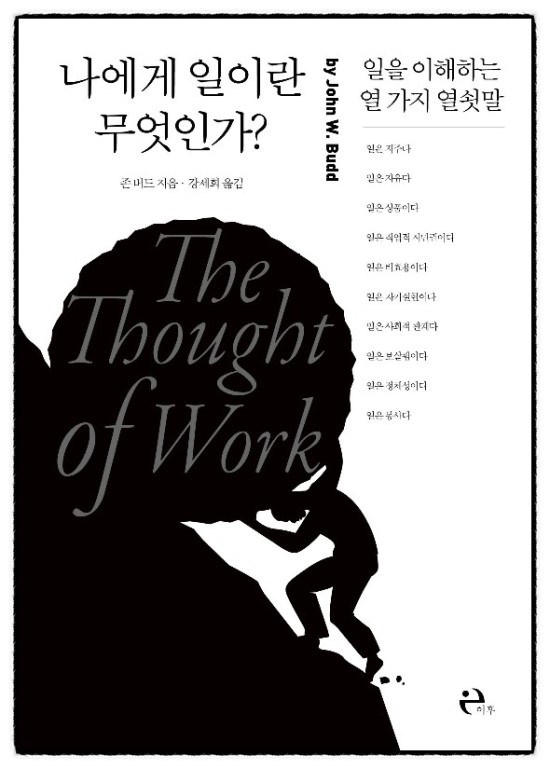
Korean Translation Ewha Press, 2016 |
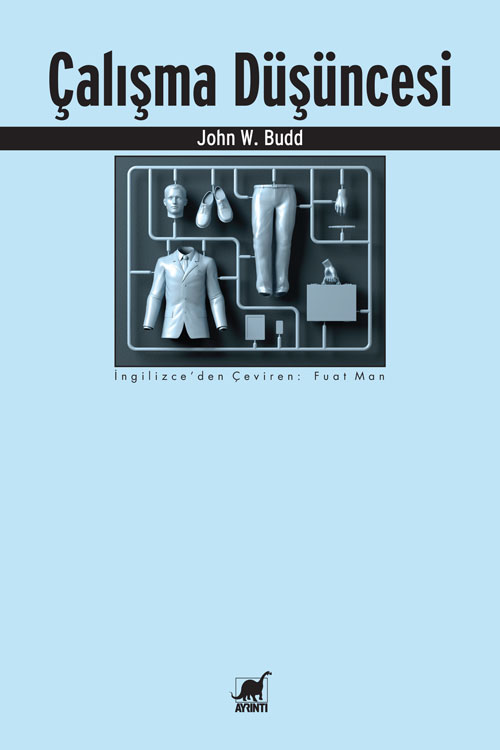
Turkish Translation Ayrinti Publishers, 2016 |
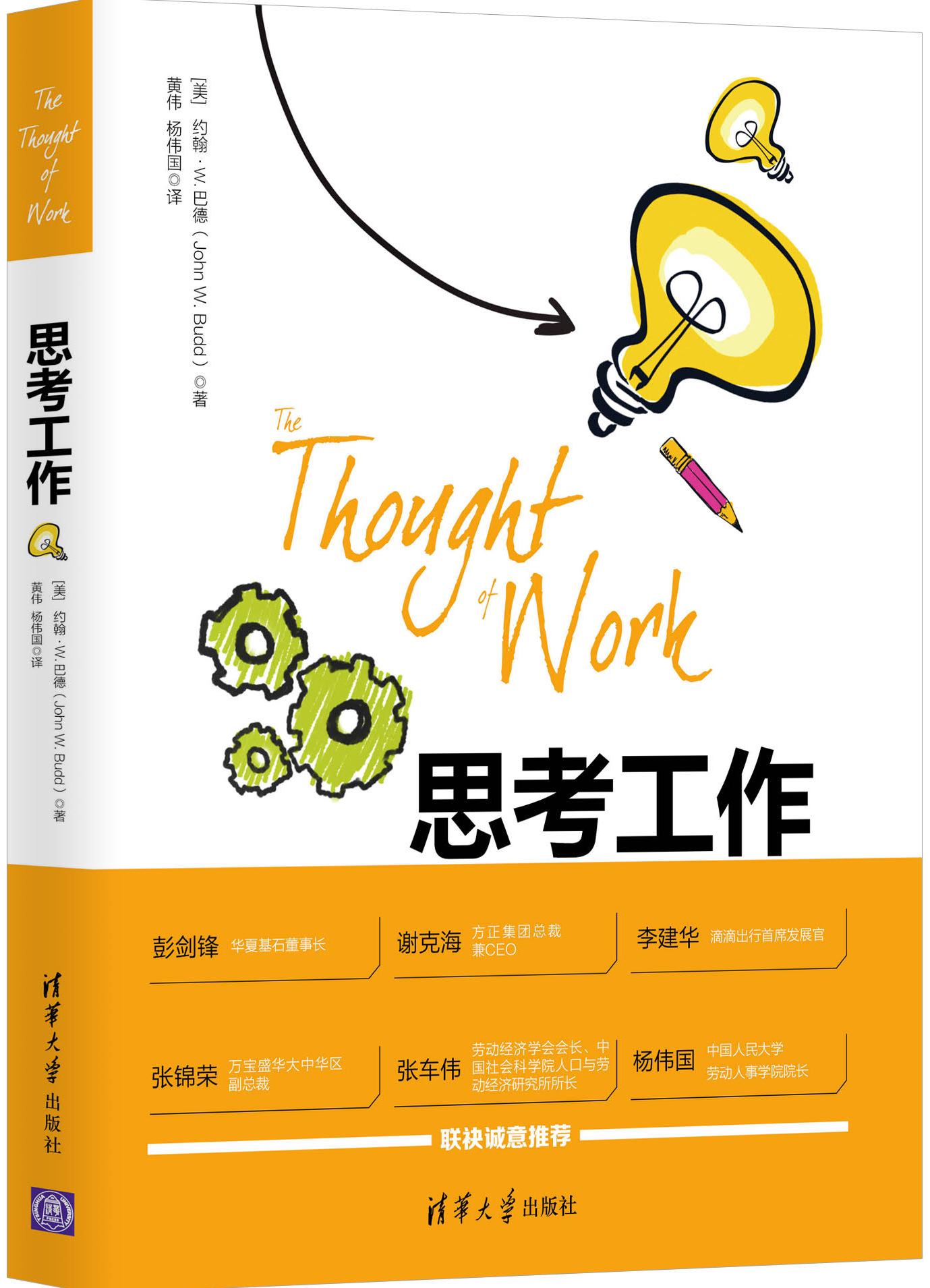
Chinese Translation Tsinghua Univesity Press, 2018 |
|
What is work? Is it simply a curse to be tolerated, or something deeper? And why does it matter?
The Thought of Work uniquely reveals the wide-ranging nature of work by uncovering the diverse ways in which influential thinkers and practitioners conceptualize work--such as a way to serve or care for others, a source of freedom, an economic commodity, a source of income, a method of psychological fulfillment, or a social relation shaped by class, gender, race, and power.
The result is a powerful framework of ten conceptualizations of work that integrates the rich thinking about work from across the historical and contemporary social sciences and humanities.
Each of these conceptualizations affects how work is understood, experienced, and analyzed. Individually, the conceptualizations fundamentally shape who and what is valued in society, perceptions of freedom and social integration, identity construction, evaluations of worker well-being, the legitimacy and design of human resource management practices, support for labor unions and labor standards, and how one serves God. When taken together, the ten conceptualizations replace the usual fragmentary approaches to understanding work with a comprehensive approach that not only promotes a deep understanding of work, but that also establishes the fundamental importance of work for the human experience. When we work, we experience our biological, psychological, economic, and social selves. Work locates us in the physical and social world, and thereby helps us and others make sense of who we are, while also determining our access to material and social resources. In thinking about work, our conceptualizations and understandings need to be equally rich, not only to better understand work, but also to value it and structure it in desirable ways that reflect its deep importance. The multidisciplinary coverage of The Thought of Work should be of interest to scholars from across the social sciences, behavioral sciences, philosophy, and theology. Its accessible style makes it suitable for classroom use with students in sociology, economics, psychology, human resources, industrial relations, law, and other areas. Indeed, this book is accessible to anyone with an interest in work, whether they are human resources professionals, advocates or activists, policymakers, or individuals who simply work for living.
|
|
TABLE OF CONTENTS
1. Work as a Curse 2. Work as Freedom 3. Work as a Commodity 4. Work as Occupational Citizenship 5. Work as Disutility 6. Work as Personal Fulfillment 7. Work as a Social Relation 8. Work as Caring for Others 9. Work as Identity 10. Work as Service Conclusion--Work Matters
|
|
RELATED Does 5 to 9 solve 9 to 5?, posted on Whither Work? Invisible Labor: The Eye Does Not See What the Mind Does Not Know, posted on Whither Work? The Nature of Work, in its Purer Forms, Star Tribune commentary, Labor Day 2011 The Metaphor of the Octopus Worker, Guest blog posting, September 13, 2011 Conceptualizing Work: A History of Powerful Ideas, Berfrois posting, December 8, 2011 Toward an Integrated and Interdisciplinary Approach to Worker Well-Being, paper with David Spencer The Eye Sees What the Mind Knows: The Conceptual Foundations of Invisible Work, working paper
|
This page was last modified on July 8, 2021
jbudd -at- umn.edu